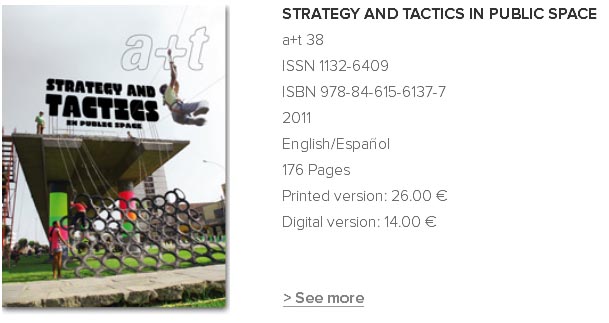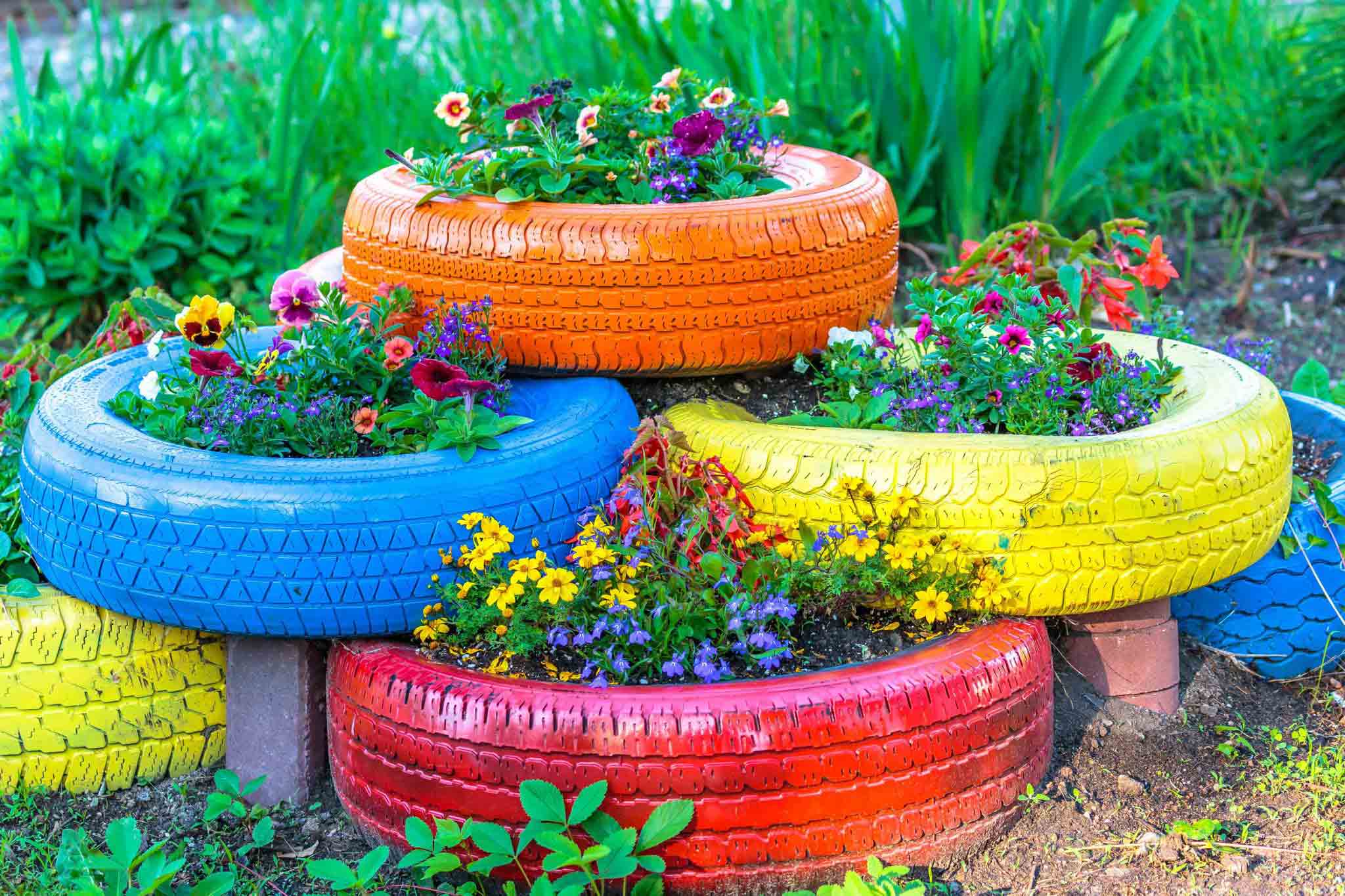

Henning and Paul identified that the most complex obstacle prior to making the first sale was a lack of awareness of their Smartawood product.

Plus, as Smartawood does not absorb moisture and is a natural low-slip surface, the issue of visitors slipping on a boardwalk has been dramatically reduced. As a result, the RSPB was very happy because it no longer had a problem of rotting boardwalks that needed replacement or maintenance, which mitigated an ongoing cost. Plastecowood supplied Smartawood for use on the boardwalks instead of traditional timber. First, the timber boards become wet and slimy, absorbing moisture and becoming very slippery for users, and second, they rot very easily and need regular costly replacement. These boardwalks are traditionally made from timber but this has two problems. This reserve has boardwalks that visitors use to walk through the area, as this helps avoid any damage to the ecosystem while allowing people to enjoy the area. Since Smartawood is stronger than wood and the customer switched to bespoke-designed support structures and shipping crates, it has made over 5,000 shipments around the world without issue.Īnother successful application of the recycled plastic material is at the wildlife nature reserve in the wetlands area of Rainham Marshes in the UK, owned by the Royal Society for the Protection of Birds (RSPB). So, they were delighted with the strength, the quality of design and build that the company provided and the resilience in protecting their products of Smartawood, Plastecowood’s lumber made from sorted, but otherwise untreated, mixed plastic waste products. This customer often had problems with shipments that were not adequately protected by the wooden crates and this incurred expensive damage. For example, the company has a customer who sends high-value heavy components around the world and was previously sending them in wooden crates. Henning and Paul are rightly proud of Plastecowood’s success and the testimonials that they receive from satisfied clients.

The customer can then buy back the recycled plastic product, either as lumber or as an assembled product, in place of buying products manufactured from virgin materials. This allows commercial customers, waste management operators, and local authorities to reduce their carbon footprint, improve their environmental credentials, and reduce their disposal and landfill tax obligations by segregating suitable waste plastic and then delivering it to Plastecowood for recycling. The directors foresaw the opportunity for a circular economy operation. Existing recyclers found this mixed plastic waste to be uneconomic or too difficult to reprocess or recycle. Plastecowood was formed when the directors, including Paul and Henning, saw an ongoing and growing need to recycle and reuse mixed plastic packaging waste that was otherwise going to landfill or incineration.

Plastecowood, a sustainable project of recycled plastic materials So, it was no surprise when Plastecowood beat more than 800 projects and 20 finalists globally to win a financial prize of €20.000, mentoring and exposure through the Santander X Environmental Challenge. The bank’s objective is to support entrepreneurs who are committed to the environment and have innovative ideas to build a more sustainable future. One of the four main pillars of Banco Santander is to promote sustainability and environmental protection. Henning von Spreckelsen, Director at Plastecowood, and Paul Segal, Commercial Director, decided to sign up for the challenge of Santander X, the Santander X Environmental Challenge, Banco Santander’s global entrepreneurship network, to give more visibility to the company. The material can also be fully recycled at the end of its life, which is approximately 30 years. The company’s range of lumber can be used to replace timber, metal, concrete, and virgin plastic in a wide variety of applications. Plastecowood is a company based in Wales, UK, that aims to reprocess plastic waste to produce recycled plastic material.


 0 kommentar(er)
0 kommentar(er)
